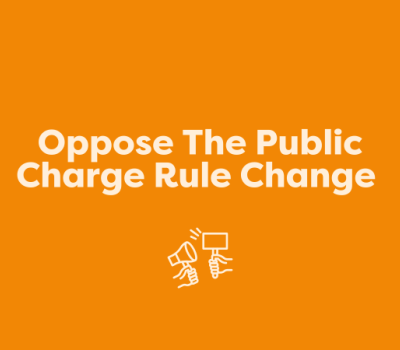Voices Official Statement Condemning Rep. Nicholeen Peck’s Racist Remarks
On March 6, 2025 during the House debate on SB 189, Rep. Nicholeen Peck dismissed Utah’s child care crisis, stating:
“People often speak of a child care crisis, and this term is a term that if applied to some places in the world, like maybe in Kenya, when there's a mom in a hut, who drugs her children so that she can go out and work for a few hours to make enough money to get a bowl of rice because there's literally no one around safe, maybe we could say that [is a child care crisis]. The term has been brought over here to first-world countries and it doesn’t mean the same thing.”
We condemn this false and deeply offensive claim. Let us be clear: Rep. Peck dehumanized Kenyan women and perpetuated harmful stereotypes about Kenya. Using comparisons to countries as a way to minimize real struggles shuts down serious policy discussions and perpetuates harmful stereotypes.
Voices for Utah Children is strongly committed to ensuring our state is a place where all children, regardless of their nationality, thrive. We stand against these harmful claims and will use our voices to acknowledge that words like these have negative impacts on how immigrant and refugee families’ origins are seen. We stand to name, call attention to, and engage against these racist claims.
Additionally, dismissing Utah’s child care crisis is equally offensive to the families, providers, and communities who experience its impacts every day. Across the state, parents—especially mothers—face impossible choices: leave the workforce, rely on substandard care, or take on debt to afford child care.
At the same time, child care providers remain in financial precarity, earning wages far below what is needed to support their own families. They do this work not because it is financially lucrative but out of deep commitment to the children and families they serve.
To deny that a crisis exists is to deny the lived reality of thousands of Utah families and child care educators.
The data is clear. There is a child care crisis in our state:
- There is not enough child care. Licensed child care programs can serve only 36% of Utah’s children under six with both parents working.
- Families are struggling. 84% of parents feel overwhelmed by the cost of care.
- Child care is unaffordable. The average annual cost for two children under age six is $16,871—about 17% of the state median income—and even higher in rural areas.
- Costs are rising unsustainably. The average price of child care services has increased by 6% in one year, nearly twice the overall inflation rate.
- Providers are underpaid. The poverty rate among Utah’s child care providers is 23.1%—more than eight times higher than that of K-8 teachers.
Spreading false and harmful narratives like this distracts from the real issue: Utah families need affordable, accessible child care. Voices for Utah Children urges lawmakers to focus on evidence-based solutions rather than racist rhetoric that undermines serious policy discussions. Utah’s families and kids deserve better.












